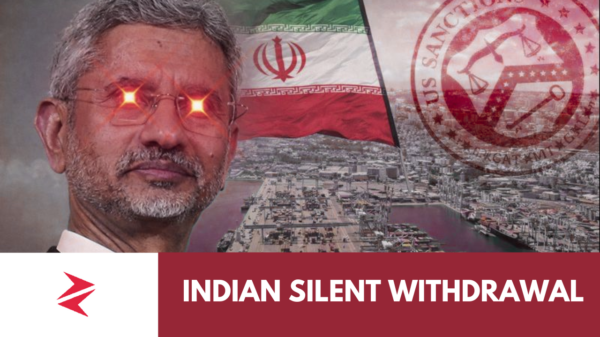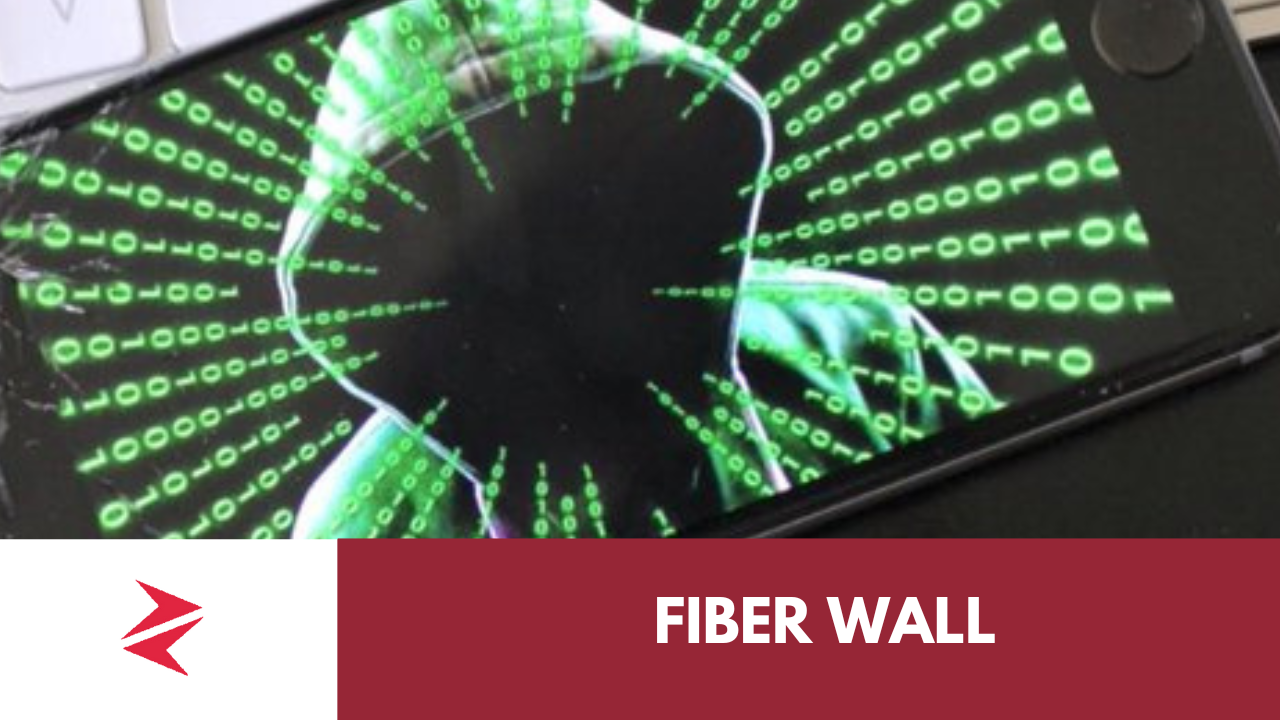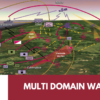What Might Be Happening?
The issues with WhatsApp in Pakistan could potentially be linked to sophisticated network-level attacks and espionage tactics. Here’s a closer look at what might be happening:
Suspicion of Man-in-the-Middle (MiTM) Attacks
Man-in-the-Middle (MiTM) attacks involve intercepting and potentially altering the communication between a user and their intended destination. If the PTA controls significant network infrastructure, they could exploit this control to conduct such attacks.
- Control Over Network Infrastructure: The PTA’s control over routers, DNS servers, and firewalls gives them substantial leverage over internet traffic. They could potentially use this control to manipulate or monitor data flowing through their network.
- SSL Spoofing (HTTPS Hijacking): One possible attack vector is SSL Spoofing, also known as HTTPS Hijacking. This technique involves intercepting and modifying encrypted HTTPS traffic. Here’s how it works:
- Intercepting Traffic: The attacker (in this case, potentially the PTA) intercepts the encrypted traffic between the user’s device and the website or service they are accessing.
- Spoofing SSL Certificates: The attacker presents a fraudulent SSL certificate to the user’s device, pretending to be the legitimate server. This allows them to decrypt and inspect the traffic.
- Redirecting to Malware: By spoofing SSL certificates, the attacker could redirect users to malicious websites or inject malware into the data stream. This could lead to the automatic installation of spyware on the user’s device.
Potential Impact on WhatsApp
- Traffic Manipulation: If the PTA is engaged in MiTM attacks, they could be manipulating the traffic between WhatsApp servers and user devices. This manipulation might cause timeouts, packet losses, or delays in media file transfers.
- Confusing Browsers: The attack could involve redirecting traffic to malicious websites, either to intercept data or to install spyware. If the PTA controls DNS servers and routing nodes, they have the capability to redirect traffic and perform such attacks.
- SSL Spoofing Effects: SSL Spoofing would make HTTPS encryption ineffective for the targeted traffic. This could lead to unauthorized access to encrypted communications and potential installation of spyware or malware.
The symptoms observed with WhatsApp, including issues with media file downloads and seamless VPN connections, suggest a possible MiTM attack scenario. The PTA’s control over network infrastructure and the potential use of SSL Spoofing could explain the disruptions and raise concerns about privacy and security. Monitoring these developments and advocating for transparency and accountability in network management is crucial.










































































